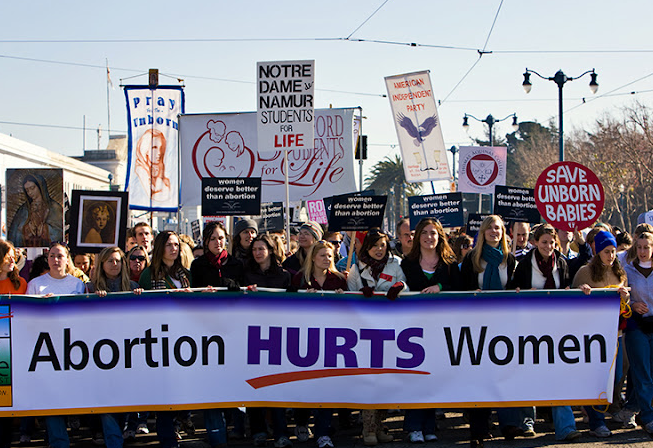Good news. On Monday, the 7th U.S. Circuit Court of Appeals upheld an Indiana law that required abortionists to send the state reports if they treat women for complications arising from abortions.
As NRL News Today reported previously, last year U.S. District Court Judge Richard Young upheld the part of a 2018 Indiana law requiring that abortion clinics be inspected on an annual basis but struck down another requirement that abortionists report abortion complications.
The state appealed to the 7th Circuit and a three-judge panel consisting of U.S. Circuit Judges Diane Wood, Frank Easterbrook, and Amy St. Eve rejected Planned Parenthood of Indiana and Kentucky’s (and Judge Young’s) conclusion that the law was unconstitutionally vague. According to Court House News, the panel remanded the case back to district court.
In a 22-page ruling, Judge Young concluded in 2020, “If abortion clinics are to be inspected—and they must be—that responsibility falls to the State. Because the State has offered a rational reason for the decision to subject abortion clinics to stricter inspection requirements, the court concludes the Inspection Statute does not violate equal protection.”
Incredibly, the ACLU and Planned Parenthood of Indiana and Kentucky argued the requirement for regular inspections, “would violate patients’ equal protection rights because the clinics would be inspected more frequently than other medical facilities.”
Click here to sign up for pro-life news alerts from LifeNews.com
While rejecting that argument, Judge Young concluded that requiring medical providers to report to the state if they treat women for complications arising from abortions “was unconstitutional vague.” In essence he agreed that the law “fail[ed] to inform [Plaintiffs of] what conduct is prohibited.”
That decision, granting a permanent injunction, came two years after Judge Young granted a preliminary injunction blocking the law from taking effect.
Among other complaints, Planned Parenthood of Indiana and Kentucky maintained “that several of the complications listed in the Complications Statute are ‘not abortion-specific complications and almost never occur as a result of abortions.’”
But as the Court noted, (1) the Planned Parenthood “brief stops short of stating that these complications are impossible” and (2) “Although these complications may be rare, an individual of ordinary intelligence would understand that there may be complications that arise from an abortion (as is the case with any medical procedure). And when one such rare complication occurs, the physician must report it if she believes in her reasoned medical judgment that the complication arose from an abortion. This “core” of the Complications Statute satisfies the void-for-vagueness test: It is understandable by persons of ordinary intelligence.”
Or, as reporter David Well explained back on January 12, Thomas Fisher of the Office of the Attorney General of Indiana told the panel, “there is nothing vague about the reporting requirements and that the purpose is to gather data for safety reasons. ‘This is about gathering information. Our argument is that there is another legitimate interest, which is safeguarding and advising women of information that would affect their health.’”
Congratulations to the state of Indiana.
LifeNews.com Note: Dave Andrusko is the editor of National Right to Life News and an author and editor of several books on abortion topics. This post originally appeared in his National Right to Life News Today —- an online column on pro-life issues.








